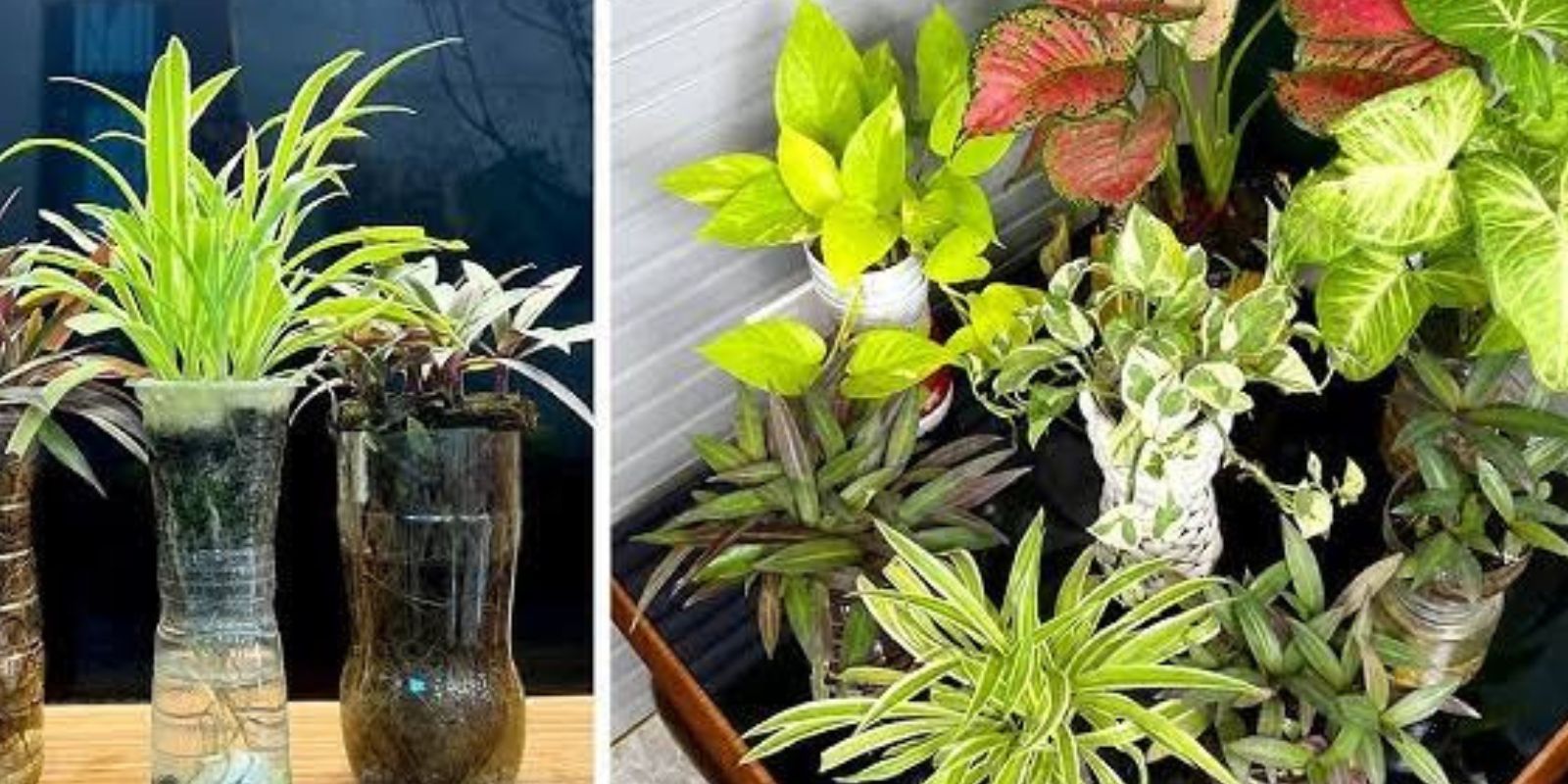In today’s world, where sustainability is more important than ever, your kitchen waste holds the key to a flourishing garden. Instead of discarding items like eggshells, banana peels, coffee grounds, and vegetable scraps, you can use them to boost the health and beauty of your flowers and plants. Not only will you reduce waste, but your garden will also become the envy of your neighbors. This eco-friendly approach is simple, effective, and incredibly rewarding. Let’s explore how you can turn everyday scraps into vibrant blooms and thriving greenery.
Why Use Kitchen Waste for Gardening?
Kitchen waste is a powerhouse of nutrients. These organic materials break down naturally, enriching the soil with essential minerals and fostering plant growth. Items like banana peels are rich in potassium, coffee grounds provide nitrogen, and eggshells are an excellent source of calcium. Instead of spending money on chemical fertilizers, you can achieve similar or even better results with these natural alternatives. Plus, it’s a great way to reduce your carbon footprint.
How to Transform Waste into Plant Nourishment
1. Start with the Right Scraps
Not all kitchen waste is suitable for gardening. Focus on these items:
- Banana Peels: High in potassium and phosphorus, ideal for flowering plants.
- Eggshells: Packed with calcium, they strengthen plant cell walls and improve soil health.
- Coffee Grounds: A fantastic nitrogen source for leafy greens and flowers.
- Vegetable Peelings: Add a variety of nutrients to the soil.
Avoid scraps like cooked food, oily residues, or dairy products, as these can attract pests and harm plants.
2. Create a Compost Tea
Compost tea is an easy, liquid fertilizer made from scraps. Here’s how to make it:
- Blend banana peels, vegetable peelings, and coffee grounds with water.
- Let the mixture steep for 24 hours.
- Strain the liquid and use it to water your plants.
This tea is a nutrient boost that your plants will absorb quickly, leading to healthier leaves and vibrant blooms.
3. Use Eggshells as a Soil Additive
Eggshells are more than just waste—they’re a calcium powerhouse. To use them:
- Rinse the shells and crush them into small pieces.
- Sprinkle the crushed shells around the base of your plants.
Over time, the eggshells decompose, enriching the soil and helping prevent blossom end rot in tomatoes and peppers.
4. Sprout an Avocado Pit
Avocado pits don’t just have to go to waste—they can grow into beautiful indoor plants or even trees. Here’s how:
- Clean the pit and insert toothpicks around its middle.
- Suspend it over a glass of water with the pointed end facing up.
- Place it in a warm spot with indirect sunlight.
In a few weeks, roots and a sprout will appear, creating a decorative plant or a future fruit-bearing tree.
5. Enrich Soil with Coffee Grounds
Coffee grounds are excellent for acid-loving plants like roses, blueberries, and azaleas. To use them:
- Spread used coffee grounds thinly around the base of your plants.
- Mix them into the topsoil to prevent them from clumping.
Coffee grounds improve soil structure and help retain moisture, ensuring your plants stay hydrated.
Additional Hacks for Lush Plants
Repurpose Avocado Skins
Avocado skins can be used as small, biodegradable seed starters. Fill them with soil, plant your seeds, and place them directly in the garden when the seedlings are ready.
Banana Peel Ferment
For an extra boost, ferment banana peels in water for a week. The resulting liquid is a supercharged fertilizer for flowering plants.
Mulching with Vegetable Peelings
Chop vegetable scraps into small pieces and spread them as mulch around your plants. They will slowly decompose, releasing nutrients into the soil while suppressing weeds.
Why This Method Works Wonders
Using kitchen waste mimics natural ecosystems where organic matter decomposes to nourish plants. By incorporating this method into your gardening routine, you:
- Reduce landfill waste and greenhouse gas emissions.
- Save money on store-bought fertilizers and soil enhancers.
- Create a healthier growing environment for your plants.
Common Mistakes to Avoid
- Overusing Coffee Grounds: Excessive amounts can make the soil too acidic. Use sparingly and mix well.
- Not Preparing Scraps Properly: Always rinse eggshells and avoid adding spoiled or moldy food.
- Using Too Much Water: Compost tea should be diluted to prevent over-fertilization.
A Garden That Inspires Envy
By repurposing your kitchen scraps, you not only cultivate a thriving garden but also inspire others to adopt sustainable practices. Imagine your neighbors’ surprise when they learn that your lush flowers and healthy plants are the result of items they often discard.
Final Thoughts
Turning waste into garden gold is an empowering practice. It’s simple, sustainable, and highly effective. So, the next time you’re about to throw away a banana peel or an eggshell, think of the beautiful blooms and thriving greenery they could support.
💬 Have you tried this method? Share your experiences in the comments! Let’s grow greener together! 🌿
#GardeningHacks #EcoFriendlyGardening #SustainableLiving #LushPlants #CompostMagic #ZeroWasteGarden #GardenGoals

